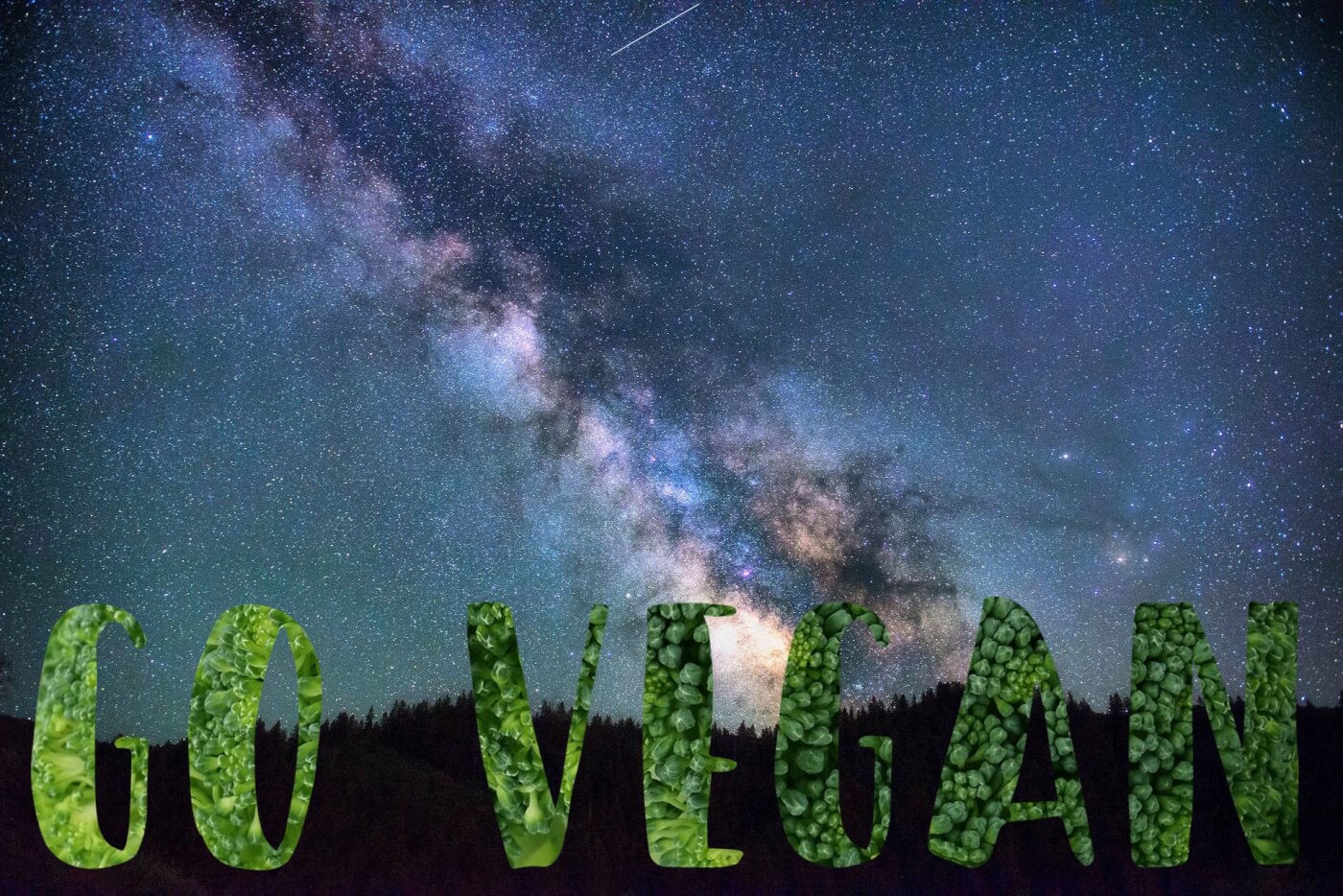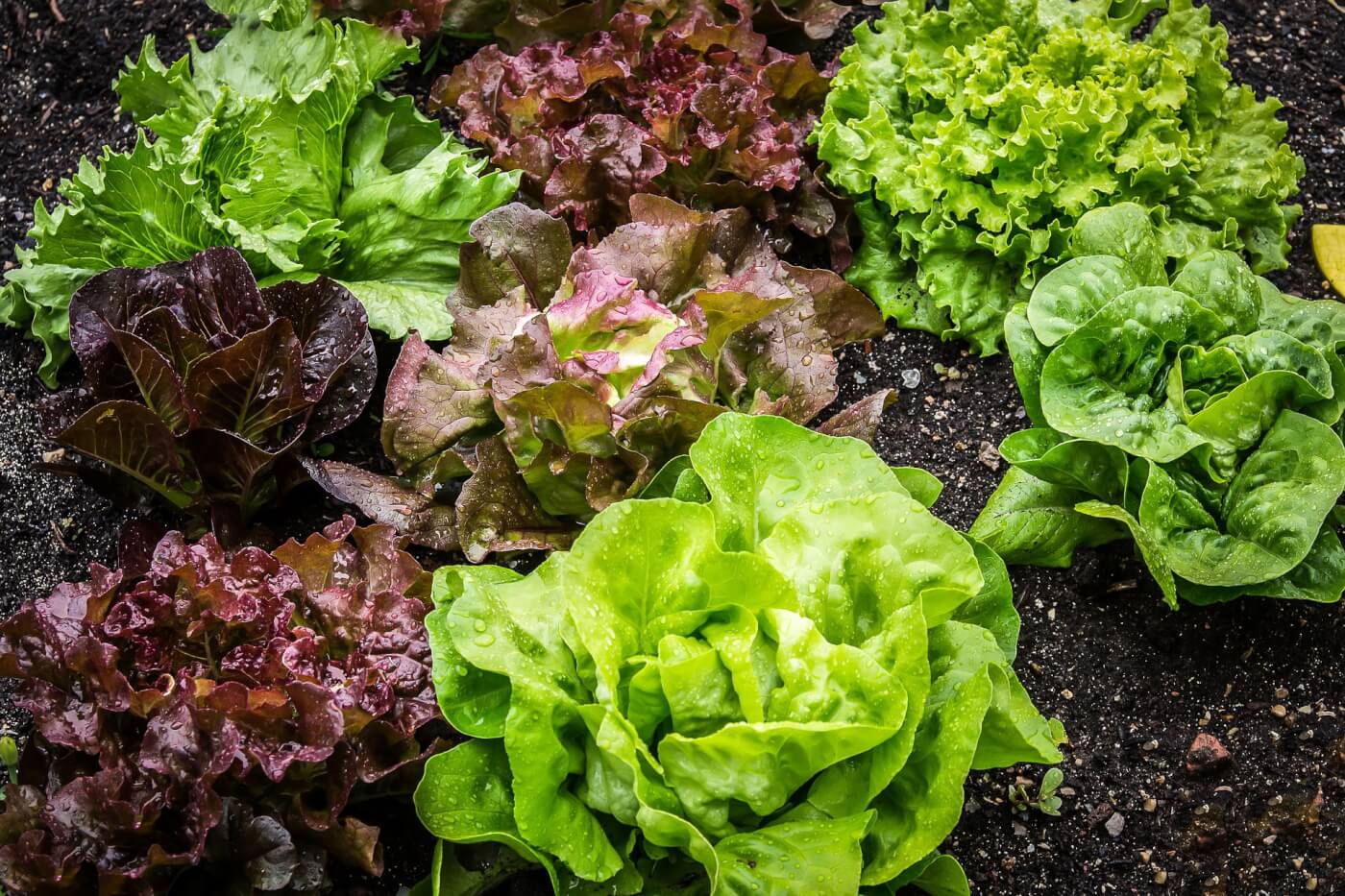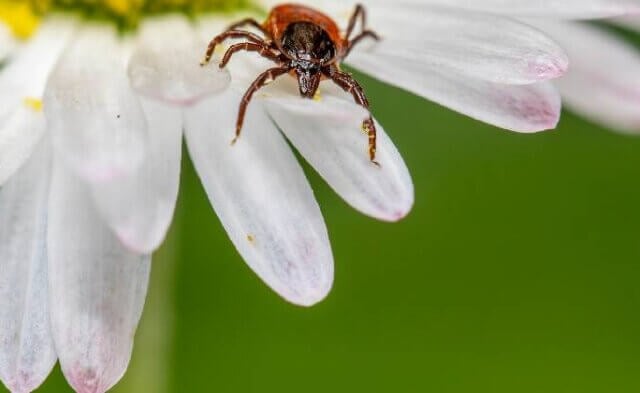Every new year, countless people resolve to lose weight, eat healthier, exercise more and take other steps to improve their health and quality of life. Relatively few folks pledge to break bad habits that are harmful to the environment, such as eating meat and other animal-derived foods. That needs to change.
This year, when thinking about your resolutions, please consider the health of the planet as well as your own health—because the two are more interconnected than you may realize. Recent reports, including the National Climate Assessment, show that the climate catastrophe is intensifying and getting costlier and that it will threaten our health and well-being. Fortunately, people can boost their health and help halt the climate catastrophe by making—and keeping—one simple resolution: Go vegan.
According to the National Climate Assessment, which includes findings from 24 academic institutions and United Nations agencies, the changing climate will bring mounting health hazards such as heat stress, infectious diseases and other problems that could overwhelm our public health system—unless we take unprecedented action to reduce greenhouse-gas emissions.
Global carbon dioxide emissions reached a record high in 2018, having risen around 2.7 percent over the past year. Our country’s emissions increased by 2.5 percent, and the U.S. is the world’s second-largest emitter, behind China.
We’re digging our own graves. Heat stress can kill people directly or lead to kidney and cardiovascular diseases. The National Climate Assessment predicts that the greatest increase in heat-related mortalities in the U.S. will occur in the Northeast.
Warmer temperatures may attract more mosquitoes and other insects that can transmit diseases, such as dengue, Zika and yellow fever. This could have the largest impact on warmer states, such as Florida and Texas. Asian longhorned ticks, which are capable of spreading serious diseases, have already been found in Arkansas, Connecticut, D.C., Maryland, New Jersey, New York, North Carolina, Pennsylvania, Virginia and West Virginia—quite far from the species’ native territory of Asia.
Experts predict that heavy rainfall could overwhelm the nation’s already overtaxed water and sewer systems, causing flooding and shortages of drinking water and resulting in gastrointestinal disease. Changes in temperature and rainfall, even small ones, can influence where diseases turn up.
All together now: “Stop the planet—I want to get off!”
While the predictions sound dire, the future doesn’t have to be all gloom and doom. Each one of us can singlehandedly reduce greenhouse gases and combat the climate catastrophe by eating vegan foods rather than animal-based ones. Researchers with Tulane University and the University of Michigan found that consumption of meat, eggs and dairy “products” is responsible for almost 84 percent of food-related greenhouse-gas emissions in the U.S. Fruits and vegetables, cereals and grains and nuts and seeds all make up less than 3 percent of food-related emissions.
A sustainability report comparing a vegan Beyond Burger to a beef burger found that, in terms of greenhouse-gas emissions, the former generates 90 percent less than a quarter pound of U.S. beef. And like all other vegan foods, the Beyond Burger is cholesterol-free. It’s also low in saturated fat and contains fiber, unlike animal-derived foods.
View this post on Instagram
So if you care about the environment and your health—not to mention animals—please resolve to live vegan in 2019. It’s an effective action that everyone can take.
And since the Academy of Nutrition and Dietetics has confirmed that wholesome vegan foods are “healthful, nutritionally adequate, and may provide health benefits for the prevention and treatment of certain diseases,” you may finally make good on those oft-made resolutions to lose weight and eat healthier. If you want the satisfaction of finishing spin class, well, you’ll have to go to the gym for that.








